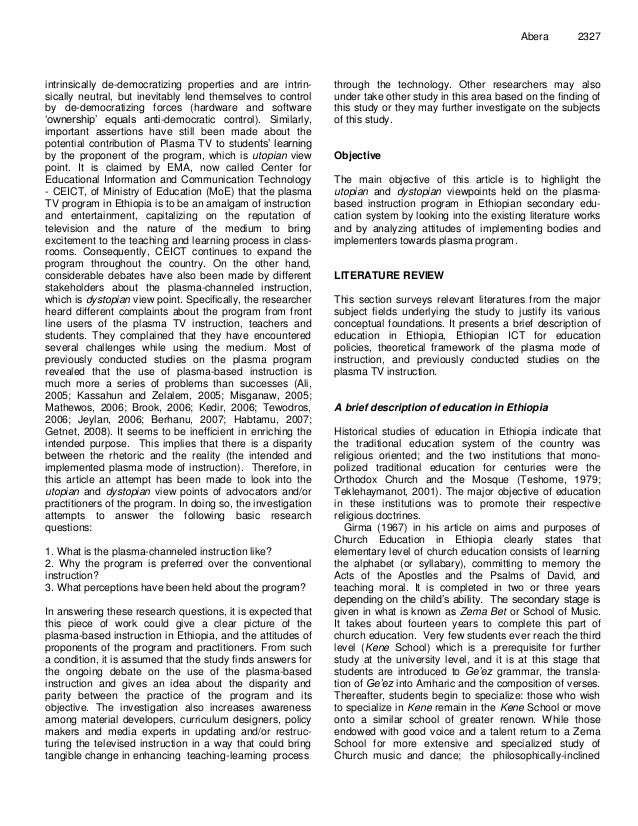Dr Abera Amharic Software
Do you agree or disagree with Dr. We greatly enjoy the exchange. To read about Dr. Abera, http://www.ethiopic.com/Dr._Aberra_Molla_Ethiopic.htm. Aberra Molla interview on ETV. Is demonstration by Dr. Aberra Molla. About the free GeezEdit web site to type in Amharic.

Lina Getachew Ayenew's inspiration for her guide, 'Dalu: Introduction to Chinese for Amharic Speakers,' came while teaching medical English in Changsha, the capital of Hunan province in south-east China. (FT) The Ethiopian woman helping to bring Chinese to her homeland Beijing’s skyline wowed Lina Getachew Ayenew when she arrived in the Chinese capital five years ago, but she was surprised to find the pedestrian bridges looked just like those in her native Addis Ababa. It turns out the building materials used in Ethiopia’s capital were imported from China — one of many signs of the country’s impact on Africa’s developing economies.
Ayenew has been building bridges herself, by creating the first Amharic-Mandarin language guide. “I had this stereotype [of China] growing up, so this level of development is a part of China I discovered after I came here,” says 29-year old Ayenew, who was raised in Ethiopia, gained undergraduate and masters degrees at Yale University in the US, and moved to China in 2011 to teach medical English. World Machine 2 3 Keygen Music on this page. “I don’t know how many Americans know the scale at which China has developed.” Her fellow Ethiopians do, though. Hundreds of them now live in China, either on government scholarships or because their families pay for Chinese studies. A Chinese education is more attainable than going to the US and, for many, more useful. Chinese investment in Africa has soared, reaching $26bn as of 2013, with another $60bn pledged in late 2015. Ethiopia’s educated workforce and leather industry have attracted Chinese manufacturing and textile investment.
At a welcoming party for 70 Ethiopian students in Beijing last year, Ayenew “noticed this collective thinking we need to bring knowledge back to our country. China has so much to teach us. There was a collective admiration of China that bounced from speaker to speaker.” — Join the conversation on and. Mainstream rappers embrace the country’s dominant language while trying not to upset the government.
By James Jeffrey February 19, 2015 ADDIS ABABA, Ethiopia — Ethiopian rapper DJ Same took out a smartphone and played a clip of a man proclaiming passionately in a traditional Amharic style called fukera, used during feudal militaristic times to rouse the populace to go to war. Then he started to beatbox along to the oration before saying, “Sounds like rap, doesn’t it?” Nowadays, Ethiopia’s rappers aren’t concerned with stirring people to take up arms, but they still want to have an impact as they explore modern forms of music. It is a complex picture that is emerging. When Ethiopian rappers perform in English, the comparisons with American rap are clear to see and hear. But when voiced in Amharic, the language of the second-largest ethnic and linguistic group in the country and used as Ethiopia’s official language, Ethiopian rap moves out of America’s shadow toward establishing its own unmistakable voice. Yet there is a limit to how far that voice can go.
Like many forms of artistic expression in Ethiopia, most rap artists use self-censorship when it comes to rapping about domestic politics. Amharic rap can, as a result, seem fairly apolitical compared with some Western rap. But that does not mean Ethiopian rap is without passion or lacking a desire to bear a worthwhile message to audiences. “The government thinks we have a bad message, but they don’t understand what we are trying to do,” said 22-year-old rapper Ella Man. “A lot of foreign rap is about ‘I have this, I got this,” but we want to present a constructive message. We represent Ethiopia.” — Join the conversation on and.